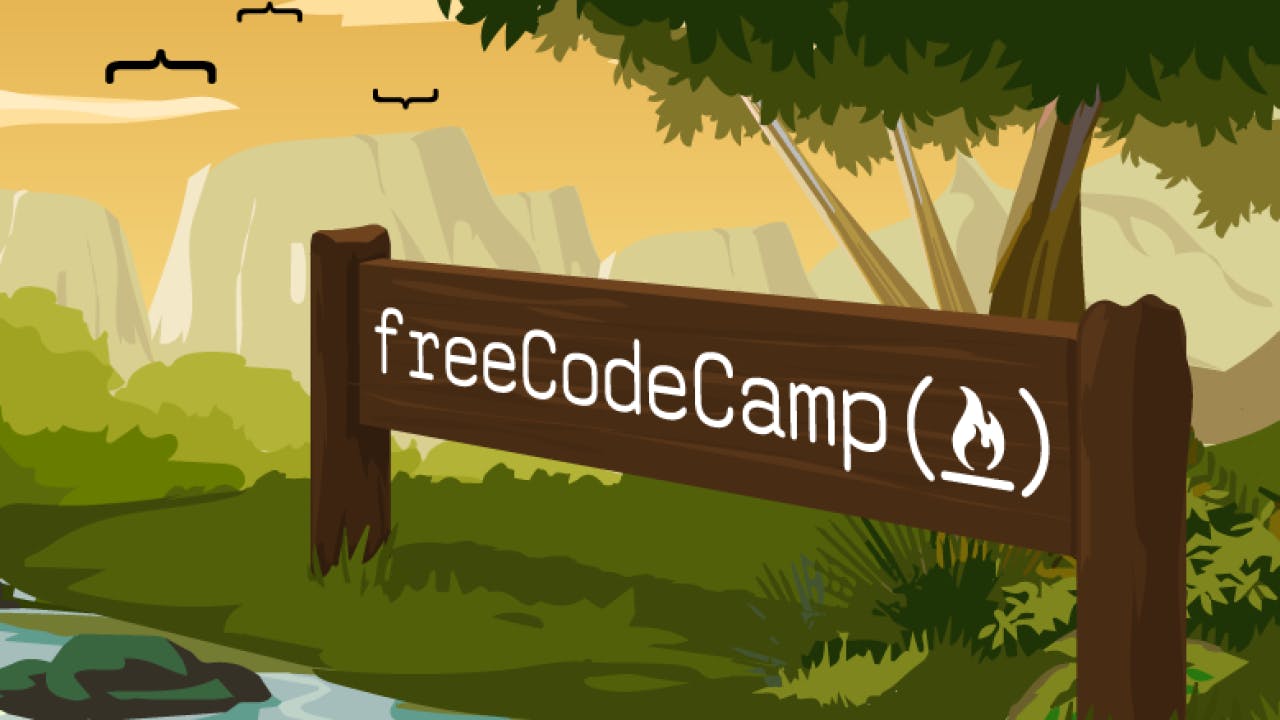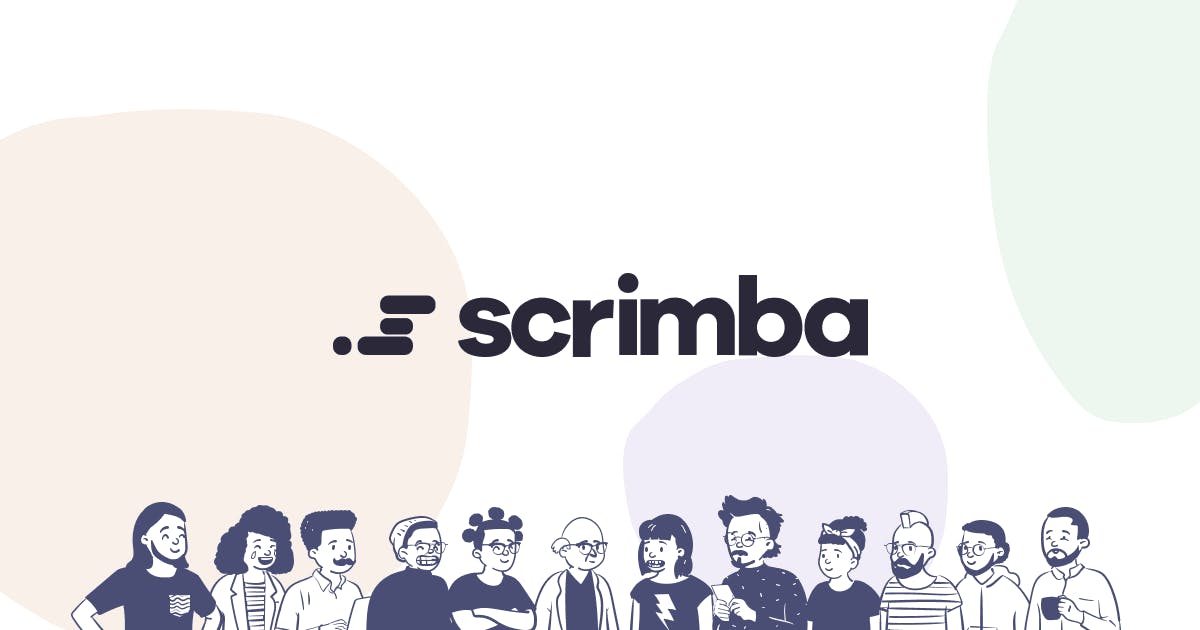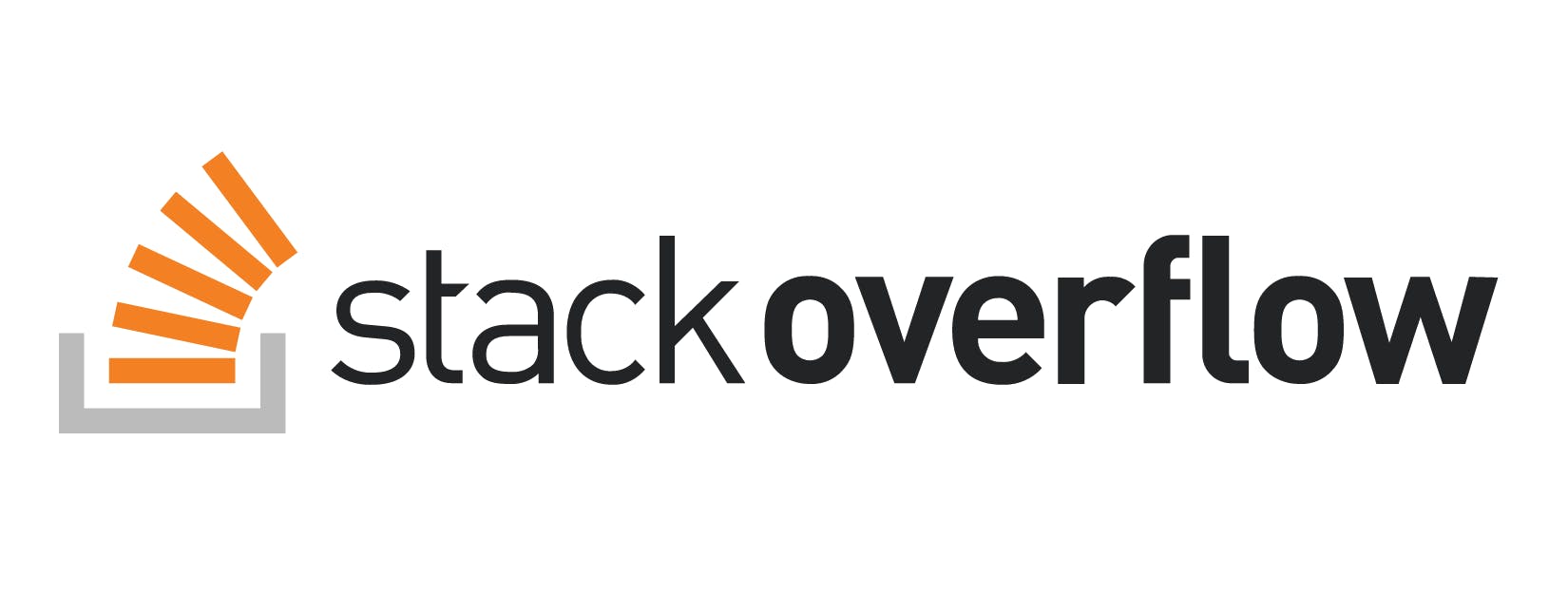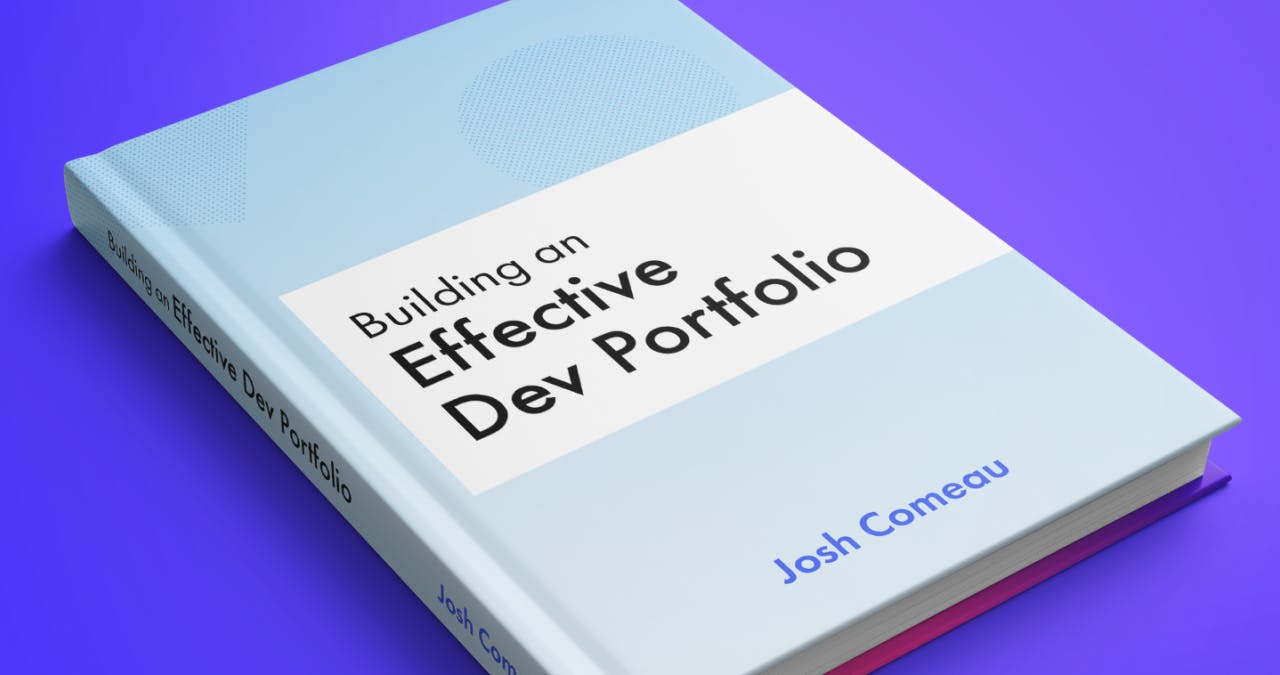How To Improve Faster As A Beginner Developer
A roundup of 10 of the best online resources for developers

Photo by Mahmud Ahsan on Unsplash
Introduction
As a developer, how do you decide which resources to use and which ones to avoid? The quantity of resources available on the internet can sometimes be overwhelming especially for beginners.
In this article, I’ll share ten of the most helpful online resources that help me to continuously improve as a developer. I’ll also explain why I think you should also consider using them.
They include learning platforms, developer communities, podcasts, and reference sources. And all of these resources are beginner friendly. Even if you’ve never written a single line of code before, you can still take advantage of them.

1️⃣ Hashnode
Okay, let me start with Hashnode. Why not? You’re reading this article because Hashnode made it possible. “Hashnode is everything you need to start blogging as a developer.” If you’re a tech writer, looking for a supportive community of like-minded fellows, Hashnode is the place to be.
There are many good reasons why you should consider blogging as a developer. Its a way to document your journey, share your knowledge, practice and improve your communication skills, build a community and even make money from writing.
With programs like the Technical Writing Bootcamp and #4articles4weeks writing challenge (currently ongoing), you get opportunities to improve as a writer.

2️⃣ FreeCodeCamp
FreeCodeCamp is one of the popular coding website on the internet. The curriculum is well-structured and beginner friendly. Many Bootcamps actually incorporate FreeCodeCamp lessons into their curriculum. The FreeCodeCamp community is also one of the most vibrant community of programmers online.
Another great thing about FreeCodeCamp is the immediate feedback you get when you submit your solution to any of the challenges. It helps you to access yourself on how much of the knowledge you’ve retained from your learning.

3️⃣ Scrimba
Scrimba is "as if YouTube and VS Code had a baby”. Didn’t get that? Let me explain. Scrimba uses a unique technology that allows you to click into the video course and edit the code directly. Its incredible!
So often the instructors will pause and ask you to work on a challenge which will require you to add your own code to what the instructor was working on. This is great because it encourages interaction between the course instructors and students. Unlike an ordinary video lesson where you cannot edit the code displayed in the video.
Scrimba has many free courses on HTML and CSS, JavaScript, React, TypeScript, and others. Also, checkout the Scrimba podcast which features both recently hired developers and industry experts as guests. Plus, a supportive community on discord.
4️⃣ CodeNewbie Podcast
When I started learning to code, I often googled “podcast recommendations for new programmers”. One that caught my attention always was The CodeNewbie Podcast. It appeared either at the top or close to the top of all the search results I clicked on. I decided to check it out. And it sure did live up to the hype.
One thing I love about The CodeNewbie Podcast is the diverse backgrounds of the guests. There’ve been people on the podcast who are Computer Science graduates. There’ve also been others who before their tech careers were musicians, truck drivers, stay-at-home moms to mention a few.
Saron Yitbarek, the host, talks to these amazing people “on their coding journey in hopes of helping you on yours”. If you’re a code newbie, checkout the CodeNewbie Podcast.

5️⃣ NoCSDegree
If you’re working on breaking into tech and you don’t have a Computer Science degree, you should checkout the NoCSDegree website. Like the name suggests, this is a website that features stories of people who started their tech careers with no Computer Science (CS) degree.
You probably know already that you don’t need a CS degree to land a job in tech. But it still helps if someone points to people who have actually done it. That’s what Pete, who runs NoCSDegree does with these articles. The interview style articles are often short and can be read in about five minutes.

6️⃣ Stack Overflow
What do you do when you get stuck? For most developers, one of the first point of call will be to google. And often when you search a programming related problem, one of the resources google will point you to for solutions is Stack Overflow.
Stack Overflow is a place where programmers answer questions posed by other programmers. I think it wouldn’t be far-fetch to say that almost every developer with at least a couple of months experience has used stack overflow before.
Next time you’re stuck, remember Stack Overflow. There’s likely a solution waiting for you.
7️⃣ PRAMP
If you are learning to code, or currently searching for a developer job, then at some point you would have to go through the interview phase. A good way to become better or prepare well for your interviews is to practice. That is where PRAMP comes in.
PRAMP is a website that pairs you with other developers. You take turns as a pair to act as interviewer and interviewee. PRAMP provides the questions that you would use for the mock interviews - technical and behavioral.
If you have no one to practice mock interviews with, PRAMP is the place to be. They have an option that allows you to do the mock interview with people you know - friends, coding buddies.

8️⃣ Building An Effective Dev Portfolio
This free e-book by Josh Comeau shows you the ropes of building a dev portfolio that is appealing to both recruiters and other developers. If you’re yet to land your first job as a developer, at some point it would be useful for you to have a personal website or portfolio. A place where you have some of your projects on display.
One cool thing about the book is that its a short one (70 pages). You can read it in one weekend.
9️⃣ MDN Docs
The MDN Docs has been “documenting web technologies including CSS, HTML and JavaScript, since 2005.” Personally, I use this website as a reference source. When I need to look up more information about a particular topic, its one of the first places I go to.
There’s an IDE on the website that you can use to write and run example code. This is useful because as you read the documentation, your can practice or play around with the code to get a better understanding of the topic you’re reading about. This is one of those websites you should bookmark and visit often.
🔟 W3Schools
W3Schools has been around since 1998. It is one of the oldest and largest online resources for learning to code. Their catalogue covers lessons on almost all aspects of web development you could think of. You can choose to use it as your main source of learning. Or as a reference source.
One cool feature about W3Schools is the Try It Yourself feature which can be used to experiment with code, “to see what works and what does not, before implementing it.”
Conclusion
Of course, this list is by no means exhaustive. There are other great resources available online. I have shared these ten for three main reasons.
- These are resources I use regularly. And I've found them to be useful.
- These resources are beginner friendly.
- They are all available for free.
Check them out. I hope you benefit from them as I have.
This my second article for the #4articles4weeks challenge. Thanks for reading. And see you next week!